The wine capital Beaune
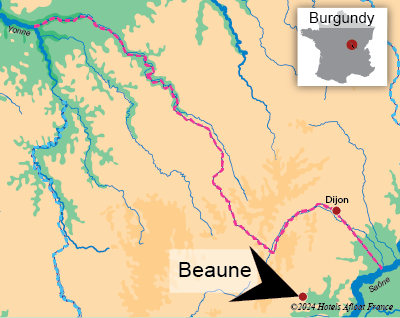
#Beaune #Hospices
To wine lovers, "all roads lead to Beaune." Once you've visited the town, you'll understand why.
Beaune was once an essential centre of the territory ruled by the Dukes of Burgundy, who made the city the parliamentary seat of Burgundy.
Now, Beaune is home to some of the most essential wine houses and has retained its prestigious history.
It is said that more than 100 kilometres of tunnels and wine cellars lie below the old streets, storing hundreds of thousands of red, white, rosé wine bottles.
The old walled city retains some of its hue ramparts, which encircled and protected the people throughout the centuries. The town is concentrated around the magnificent "Hospices."
Once you are within the "walls", there are many cobbled and pedestrian streets to explore easily, making the town a joy to visit.
Les Hospices de Beaune

The famous Hospices de Beaune, built in 1442, is one of the highlights of visiting Beaune. Although the exterior of the building is purposely austere and unimpressive, when you enter the courtyard, you will be fascinated by the dazzling coloured roofs. Also, do not forget to visit the stunning "polyptych" mural by Rogier van der Weyden, painted between 1143 and 1452.
The history of "Les Hospices de Beaune"
Musee du vin, the wine museum
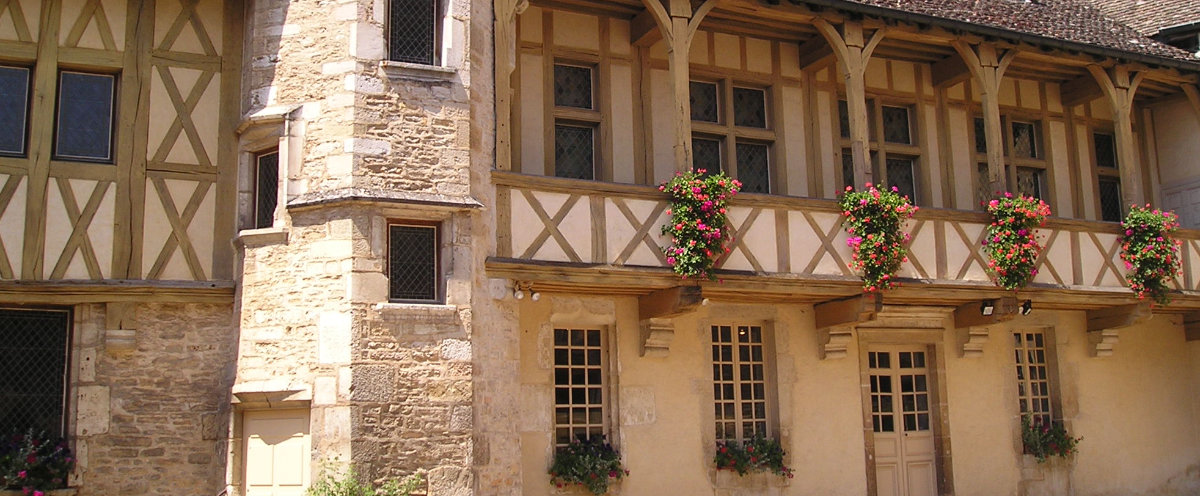
Streets and markets
In the old city centre, around the Place Carnot, there are fine boutiques, cheese and wine bars, cafes and terraces, markets, and cobbled streets to explore.
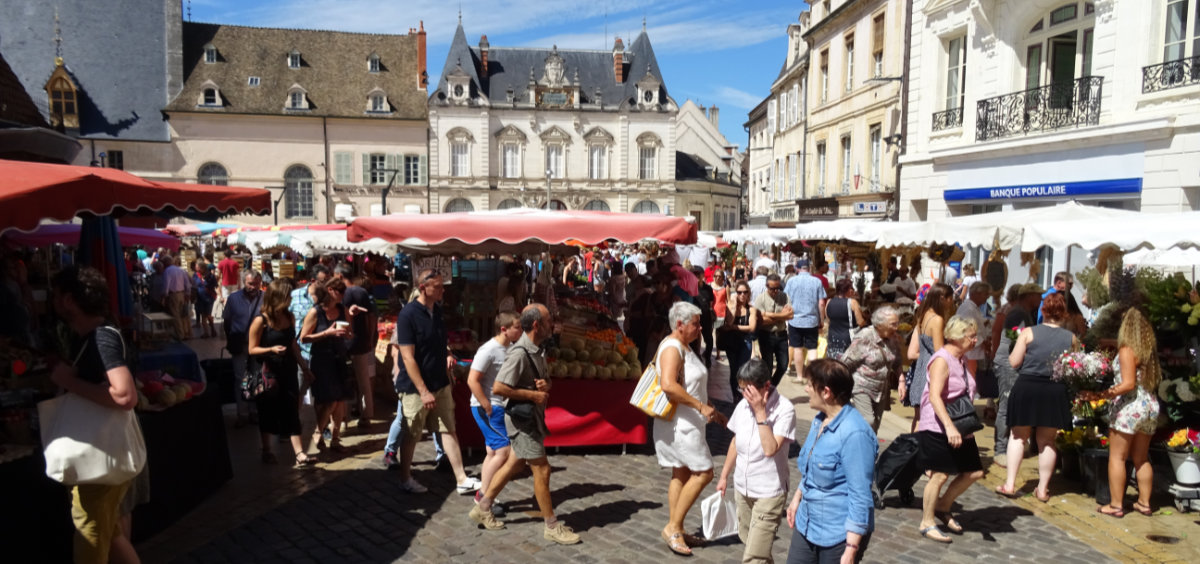
Beaune is home to a grand and colourful Saturday market with fresh fruit, vegetables, cheese, meats to delight your taste buds and many other products
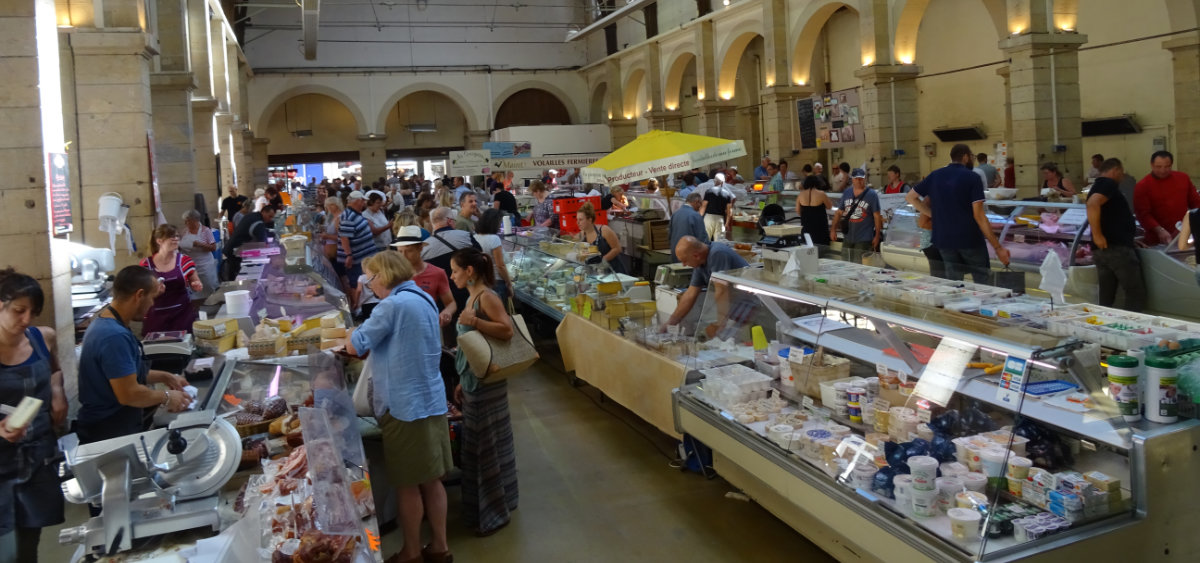
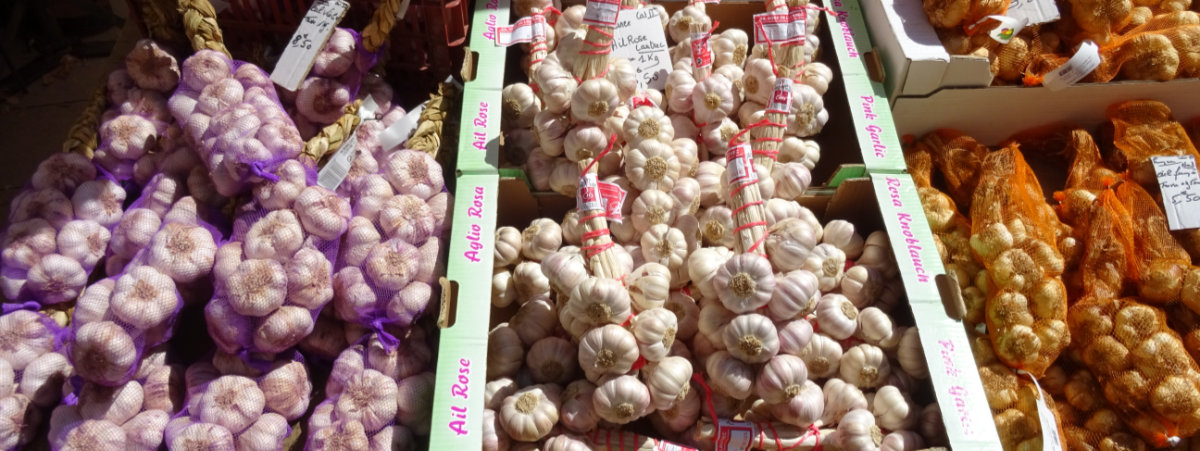
Visit Place Carnot, enjoy a drink on the terrace and try the Marché aux Vins beside the Hospices for a fun wine-tasting tour.
Restaurants in Beaune
There is plenty of choice and many fantastic dining options including 5 Michelin listed restaurants in the town.
- 21 Boulevard: A well-rated French restaurant offering a refined dining experience.
- Le Belena: A brasserie with a cosy atmosphere and a diverse menu.
- Brasserie Le Carnot: A lively spot known for its classic French dishes.
- Des Arches: A charming restaurant with a vaulted cellar setting, perfect for a unique dining experience.
- Café Du Square: A great place for a relaxed meal with excellent wine selections.
- La Ciboulette: A highly rated spot serving traditional French cuisine.
- Auberge Du Cheval Noir: A sophisticated restaurant offering gourmet dishes.
- L'Ardoise: A chic menu with a focus on fresh, seasonal ingredients.
Michelin-rated tables
- Le Clos du Cèdre: A refined restaurant known for its elegant dishes and excellent wine pairings.
- Le Carmin: A Michelin-starred spot offering contemporary French cuisine focusing on local ingredients.
- La Table de Levernois: Located in Hostellerie de Levernois, this restaurant provides a gourmet experience in a serene setting.
- Ed.Em: A creative and intimate restaurant run by a talented duo, known for its innovative flavours.
- Le Charlemagne: A unique fusion of French and Japanese influences, set in the heart of the vineyards.
Events during World War 2
During World War Two, on the 16th of June 1940, planes overflew the city at 8 pm. There were 15 German planes with an objective which at first did not seem to be the city of Beaune; however, after a first fly over, they turned back and strafed the train station while unloading around thirty bombs, which exploded. About 20 people were killed and many more wounded.
The railway station of Beaune was a critical junction for the French soldiers sent on leave and thus became an easy target. It seems the army and the defenders of Beaune only had two light machine guns, and only one could be used during the bombing. A plane was hit during the first passage, a Junker 87B, which exploded. In the second passage, another Junker was shot and collided with one of his partners. Two German pilots were buried in the garden of the company they crashed into.
Later, the German army entered the city and met heavy resistance from the French army. The fighting lasted three hours, and the French eventually retreated when more German armoured forces arrived in Beaune.
